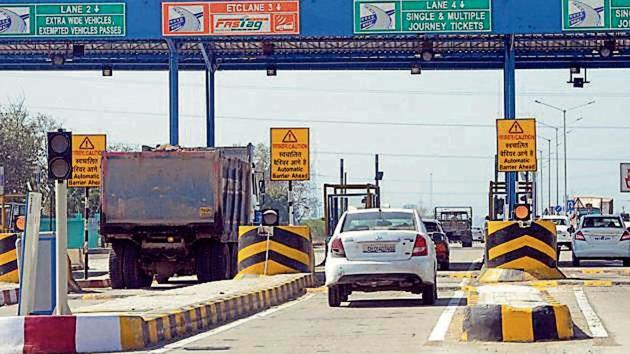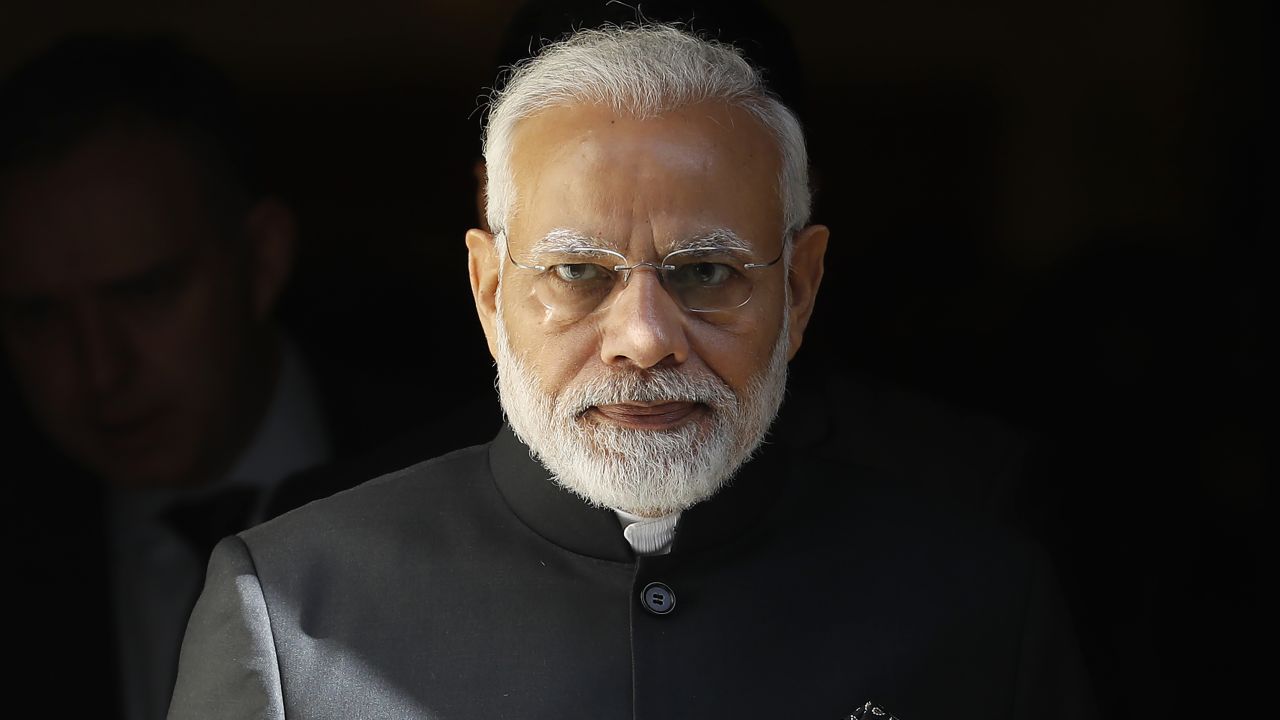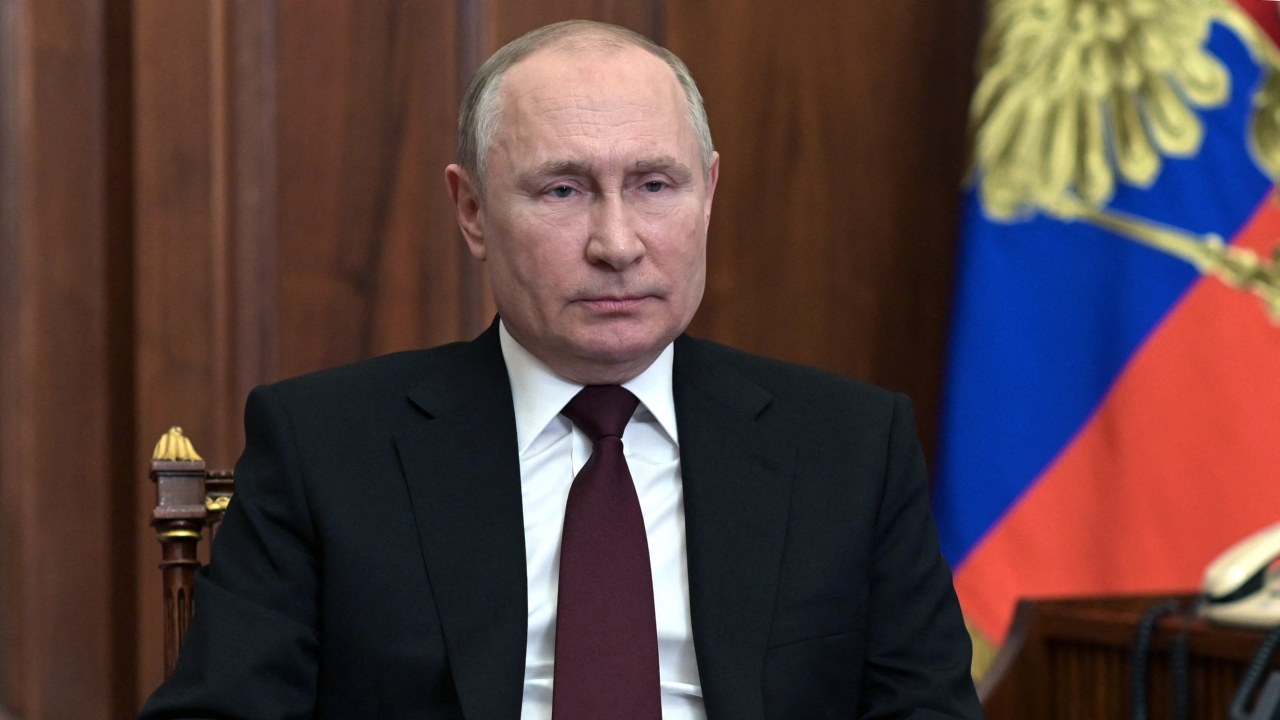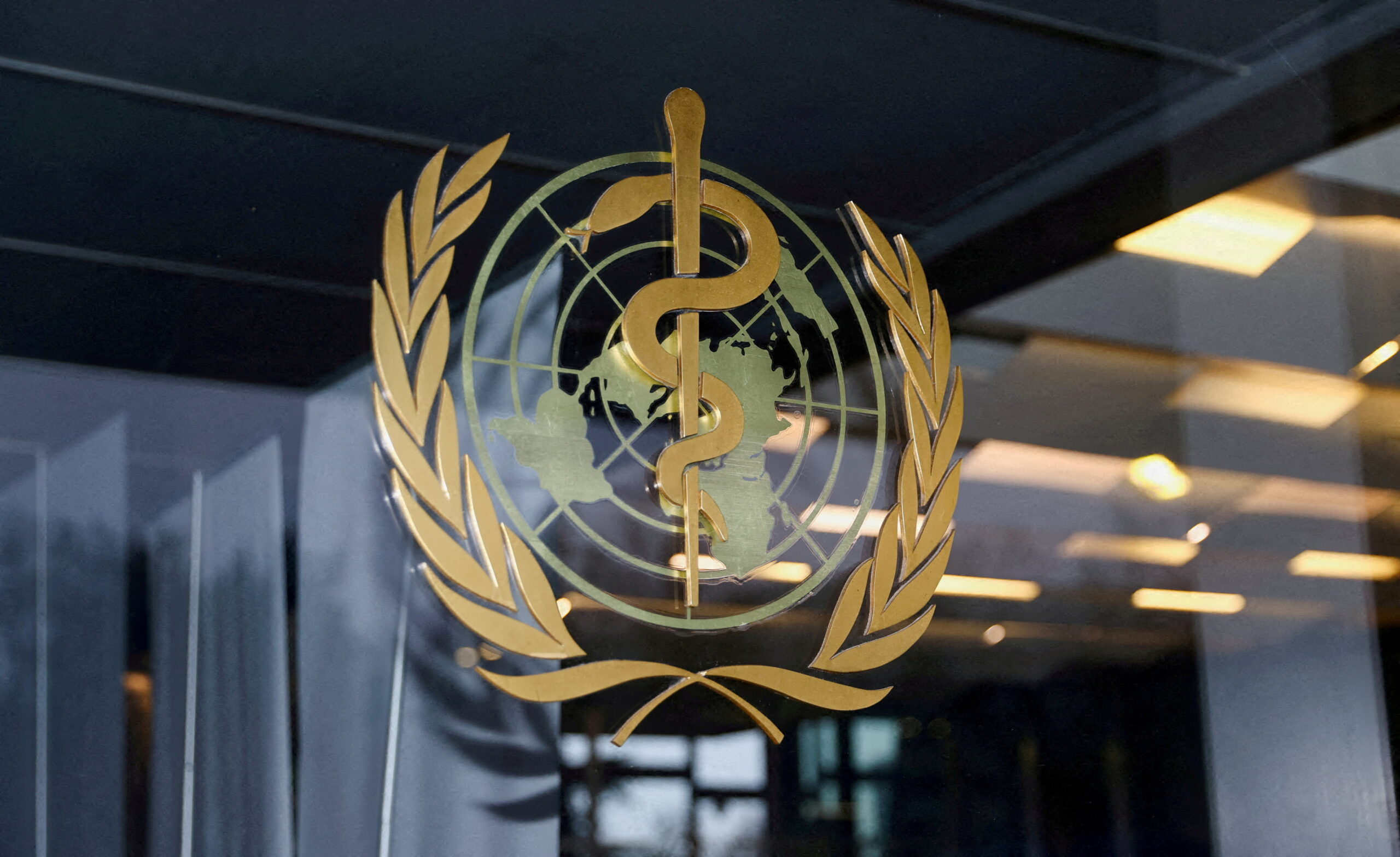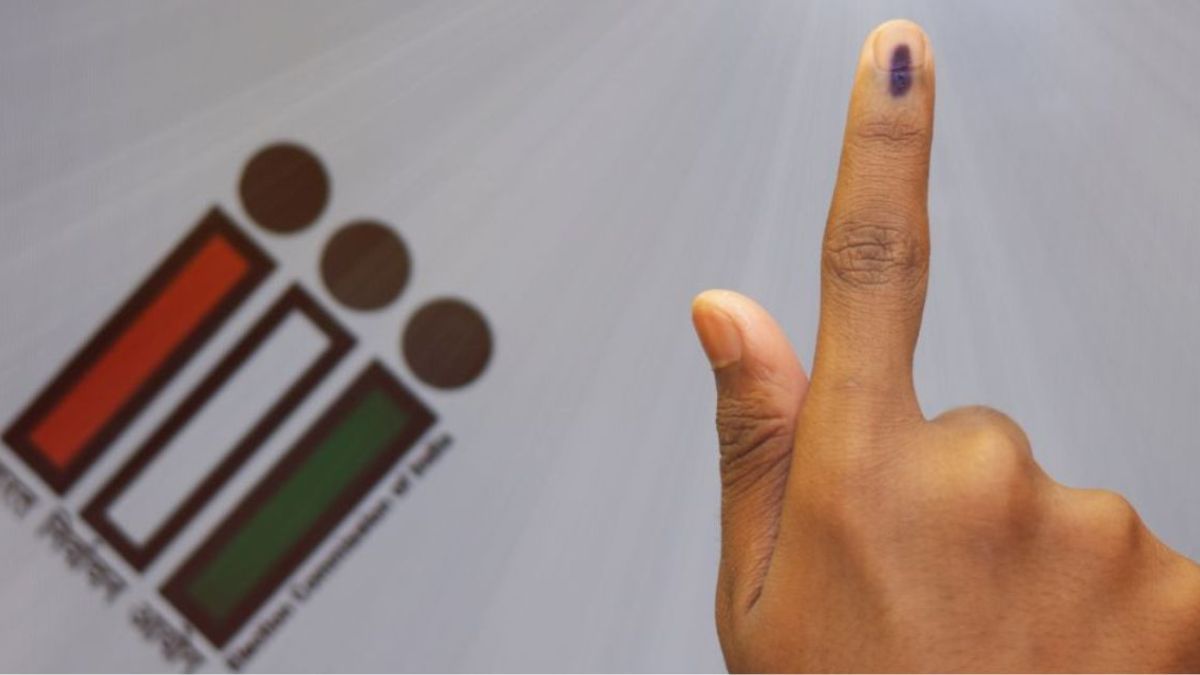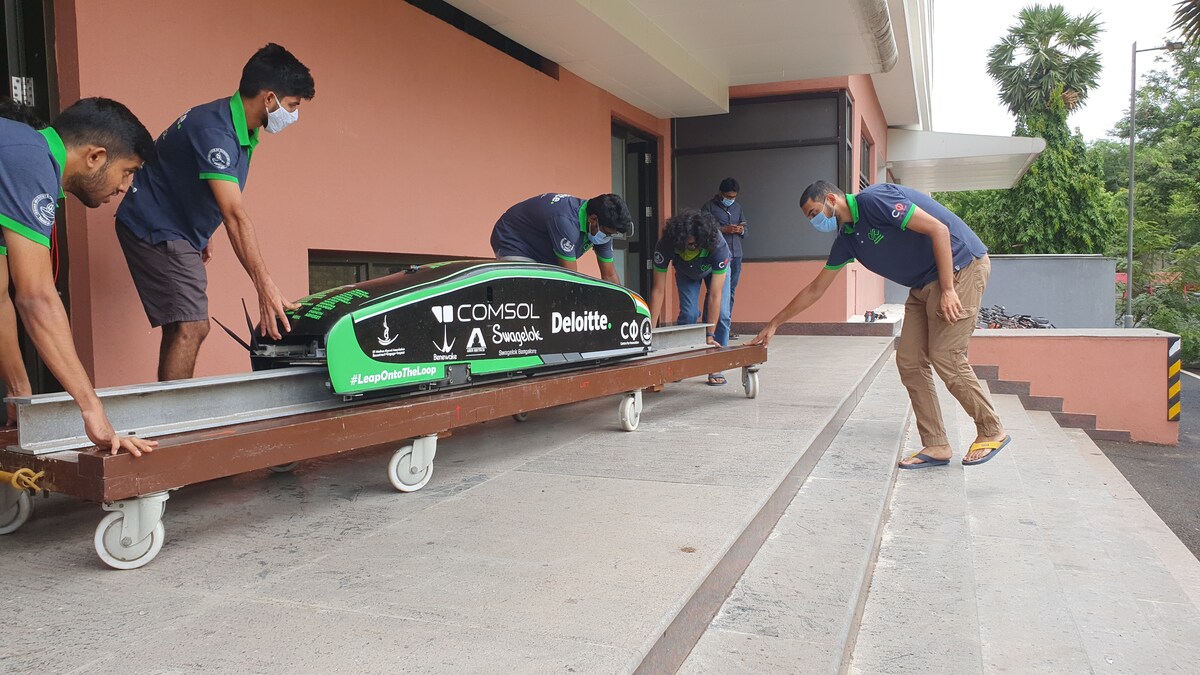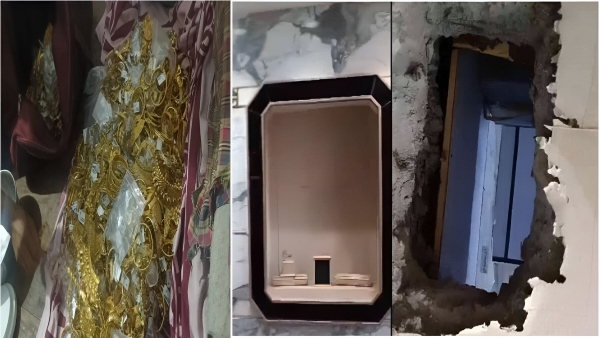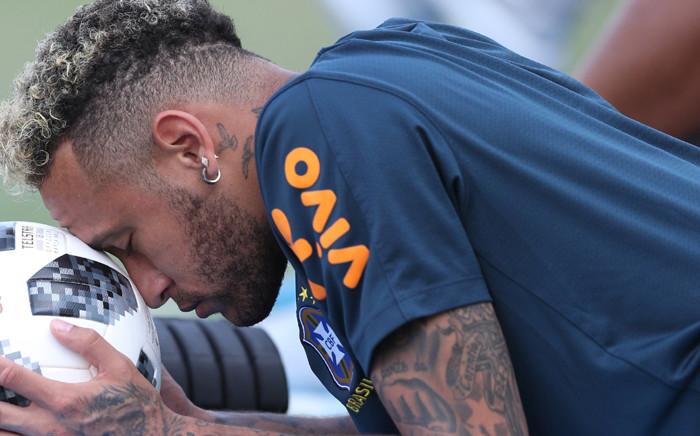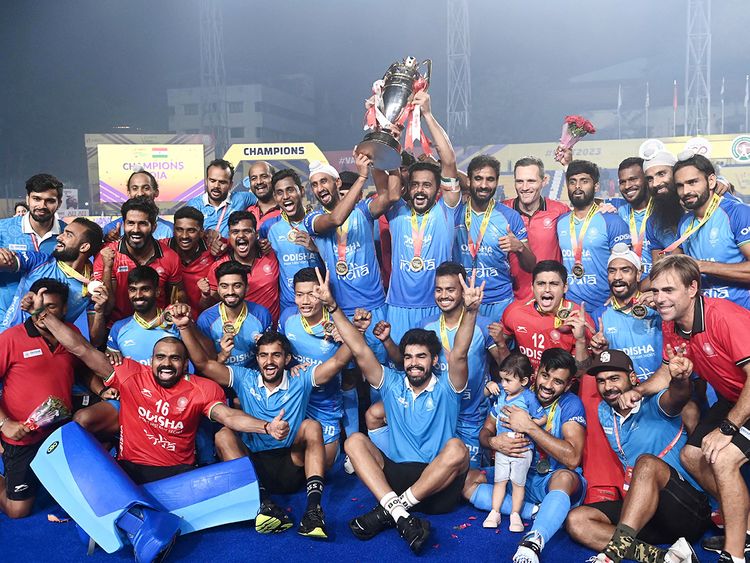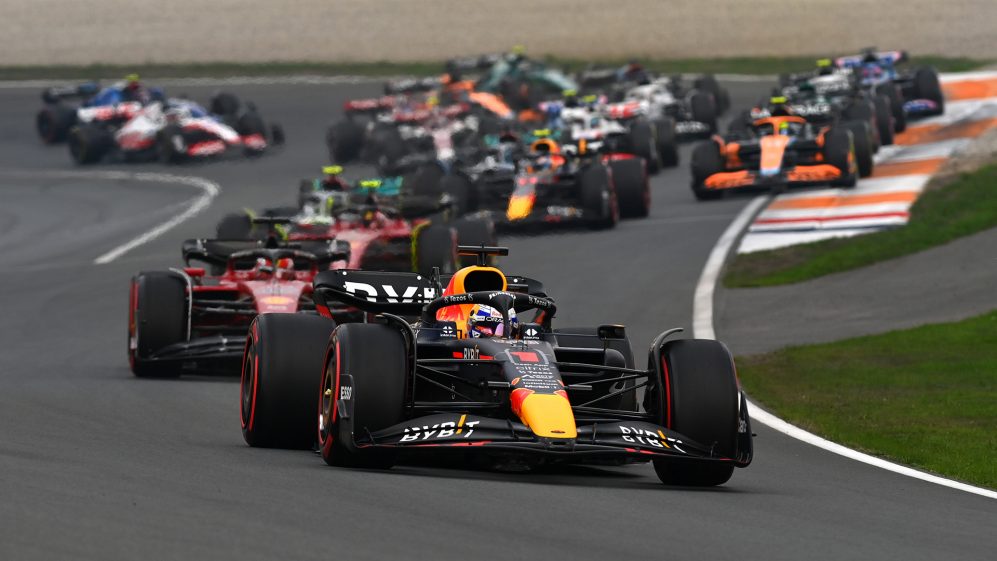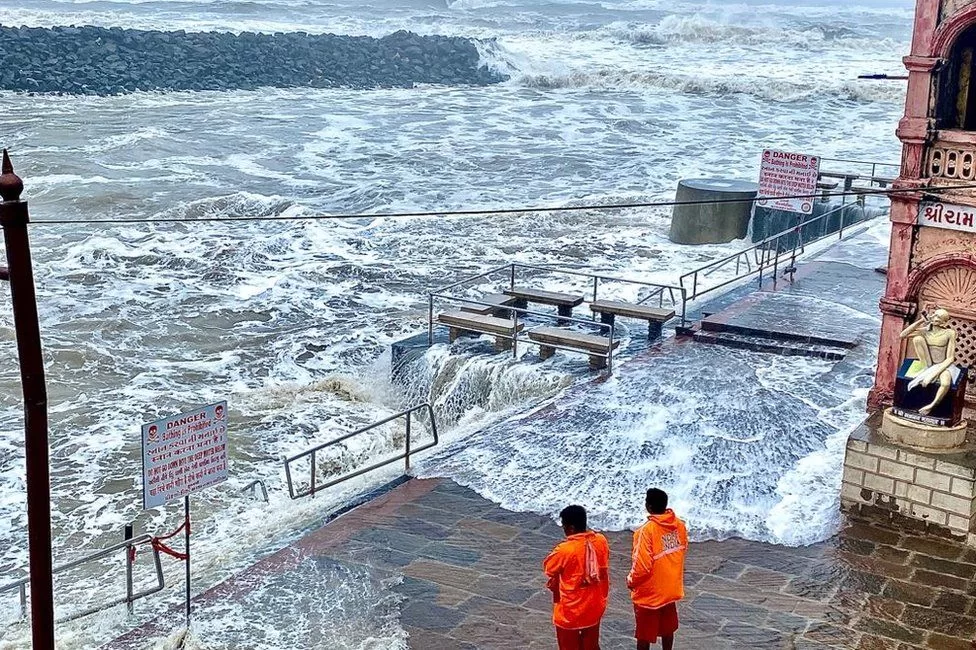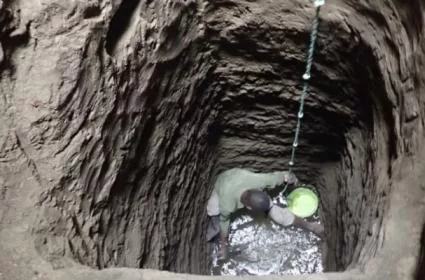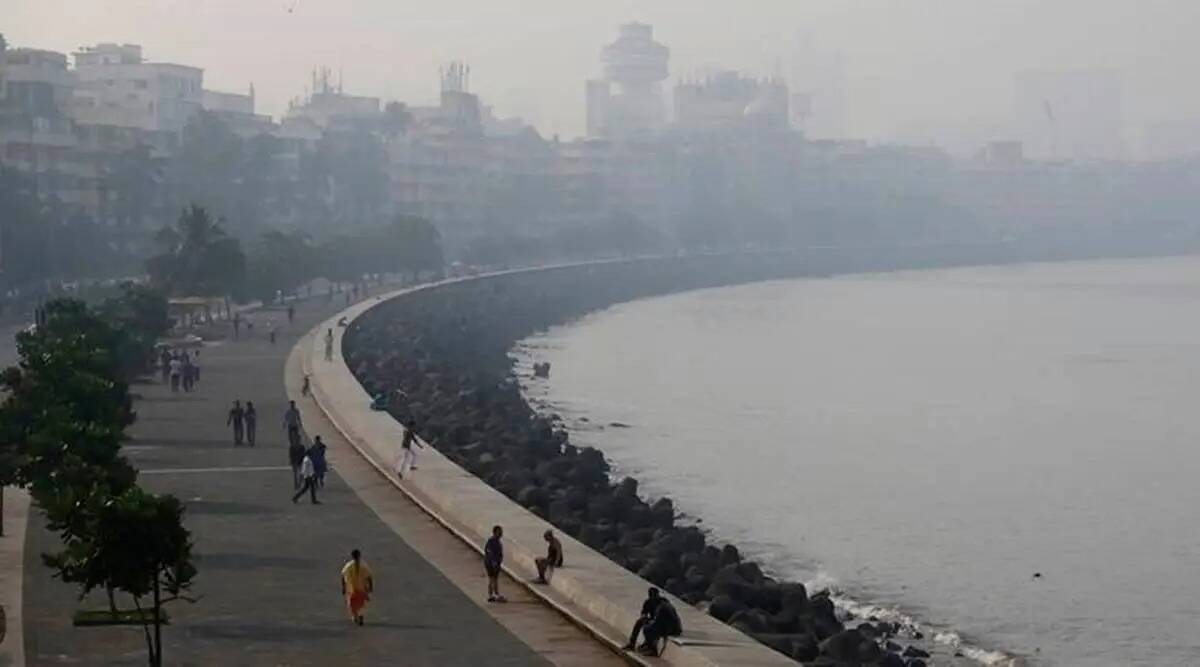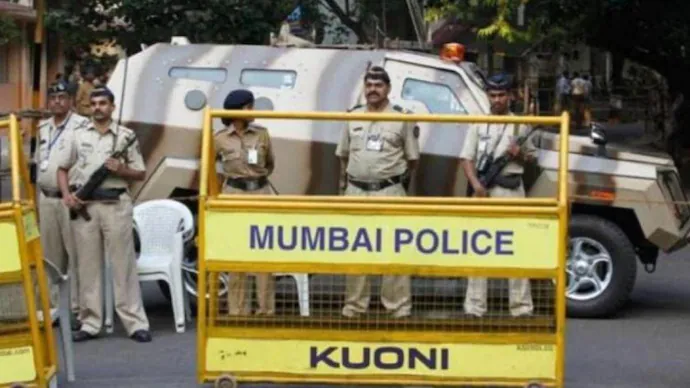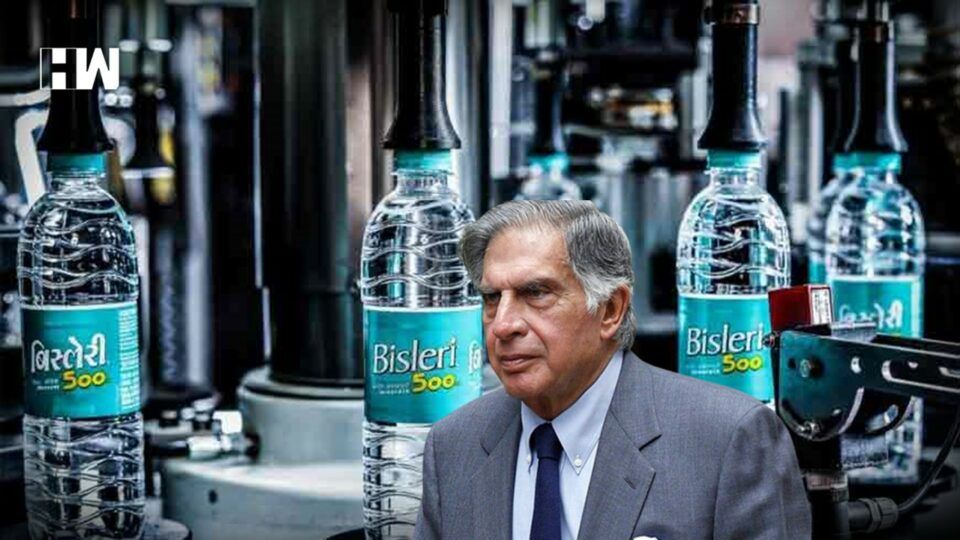
Deloitte has resigned from its position as the auditor of Adani Group’s ports division, claiming that the conglomerate’s refusal to order an impartial investigation into the claims of financial irregularities made by short-seller Hindenburg Research limited its capacity to carefully review potential related party transactions.
The Adani Group, India’s largest commercial port operator, private-sector power transmission and distribution company, city gas distributor, and coal-based power provider, was the target of several major charges made by Hindenburg, including related party activities.
Roads, railroads, renewable hydrogen, data centers, and consumer items are also included in its operations.
The conglomerate’s efforts to restore investor confidence may suffer as a result of Deloitte’s resignation. A frenzied sell-off in response to the Hindenburg claims caused a loss of more than $130 billion in market value for the company.
On January 25, Hindenburg asserted that the group had circumvented Indian laws limiting promoter ownership to 75% by using offshore shell companies and finances linked to the Adani Group.
The charges have been refuted by The Adani Group, which called them “baseless” and a “calculated attack on India.”
Adani Ports and Special Economic Zone (APSEZ) informed Deloitte in a letter dated Saturday that “there is no effect of the allegations of the short seller report on the standalone financial statement based on their evaluation and after consideration of a memorandum prepared by an external law firm on the responses to these allegations.”
On the same day, APSEZ disclosed the letter in a stock exchange statement. An email from Nikkei Asia on Monday seeking comment was not answered by Deloitte.

Also read: Adani Group Bags Mumbai’s Dharavi Redevelopment Project With ₹ 5,069 Crore Bid
In the letter, APSEZ cited their own assessment and an ongoing investigation by the Indian government as reasons why they did not see it necessary to request an independent external investigation into Hindenburg’s accusations.
Deloitte, APSEZ’s auditor since 2017, stated that it resigned from the position because APSEZ’s claim was insufficient for the auditor to determine whether some transactions were related party transactions, notwithstanding APSEZ’s assertion that there were none.
“In the absence of an independent external examination by the company and pending completion of investigation, we are unable to comment whether these transactions or any other transactions may result in possible adjustments or disclosures in the standalone financial statements in respect of related parties,” Deloitte said.
Two days before the Indian stock market regulator’s deadline to wrap up its investigation into the alleged financial irregularities by the Adani Group before India’s top court, Deloitte announced its resignation.
The market regulator asked the court for extra time in April to finish the inquiry, and they granted an extension until August 14.
Deloitte’s choice was questioned by APSEZ in its filing.
Gopal Krishna Pillai, the chairman of APSEZ’s audit committee, stated that the committee “was of the view that the grounds advanced by Deloitte for resignation as statutory auditor were not convincing or sufficient to warrant such a move.”
Adani Group paid up its share-backed loans to rebuild trust from investors. Despite being a front-runner, it decided not to offer for a 16% interest worth $50 million in a state-run power trading company in order to conserve money.
It also abandoned a $847 million purchase of a coal-fired steel factory in central India.
The actions are starting to show results. Since March, the investment firm GQG Partners has invested about $3.4 billion in Adani Group enterprises.
This month, Barclays and Deutsche Bank provided a $394 million working capital loan to the group subsidiary Adani New Industries.
With an almost $300 million deal to take over a cement company earlier this month, Adani Group made its first significant acquisition since coming under attack from the short-seller.
What is OCCRP ?
OCCRP is a global organization for investigative journalism that primarily focuses on exposing and combating organized crime, as well as other illegal actions like corruption.
On Thursday, the Organized Crime and Corruption Reporting Project (OCCRP) disclosed that partners of the promoter family had invested hundreds of millions of dollars through ‘opaque’ investment funds domiciled in Mauritius in Adani Group stocks.
In its research, the Adani Group backed its assertion with a review of documents from several tax havens and internal correspondence.
The group asserted that it had discovered at least two instances in which the’mysterious’ investor purchased stock in the corporation using various offshore structures.
OCCRP is reportedly planning to disclose new accusations against a major Indian corporation, according to PTI earlier this month.

With 24 nonprofit investigative centers located around Europe, Asia, Latin America, and Africa, OCCRP describes itself as an investigation reporting platform.
Drew Sullivan and Paul Radu formed the organization in 2006, and George Soros and the Rockefeller Brothers Fund provide financial support.
OCCRP is a global organization for investigative journalism that primarily focuses on exposing and combating organized crime, as well as other illegal actions like corruption.
The organization undertakes in-depth investigations into complicated topics like corruption, crimes against the environment, money laundering, human trafficking, fraud, and other crimes that have an outsized influence on economies and society.









































































